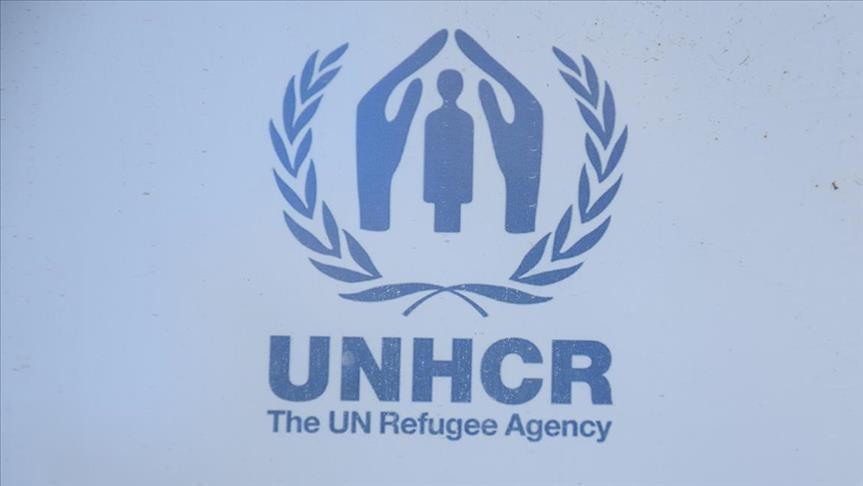UNHCR hails Pakistan plan to grant refugees citizenship
New Premier Imran Khan on Sunday announced plans to grant citizenship to all Afghans and Bengalis born in Pakistan

By Islamuddin Sajid
ISLAMABAD, Pakistan
The UN refugee agency on Tuesday hailed the new Pakistani premier’s pledge to grant citizenship to around 1.5 million Afghan refugees and Bengalis who have lived in the country for decades.
“The UNCHR welcomes the statement by Prime Minister Imran Khan on Afghan children born in Pakistan," Qaiser Afridi, spokesperson for the UNHCR Pakistan, told Anadolu Agency.
The UNHCR will continue to closely work with the government of Pakistan on these issues in the coming weeks, he added.
On Sunday, Khan announced that his government is considering granting nationality to Afghan refugees and Bengali children who were born in Pakistan.
The announcement came a day after his Foreign Minister Shah Mehmood Qureshi returned from meeting with Afghan President Ashraf Ghani and other top officials in Kabul.
According to the UN, Pakistan has around 2.4 million registered and unregistered Afghan refugees, most of whom fled Afghanistan after the 1979 Soviet invasion. As some 60 percent of the Afghan refugee population was born in Pakistan, nearly 1.5 million people could benefit from the move.
Khan consults with parliament
On Tuesday, Khan asked parliament for feedback on his citizenship proposal.
"Children whose parents have lived the last 40-50 years in Pakistan have no identity,” Khan said in a nationally televised speech to parliament.
“If we are still refusing to give them identity, where they will go?"
They are people and now is the time to make a final decision on these stateless people, he added.
Pakistan's 1951 citizenship act guarantees citizenship to anyone born in the country, excluding the children of foreign diplomats and “enemy aliens.”
Afghan refugees welcome proposal
Afghan refugees living in Pakistan welcomed Khan’s proposal, calling it good news for all refugees.
"This is really good news and we are happy that government is finally accepting our longstanding demand," Noor Wali, 25, told Anadolu Agency.
The move would also benefit the country’s economy to bring all those Afghan refugees who are running big businesses in Pakistan into the tax system, he added.
Wali's parents escaped Afghanistan after the Soviet invasion and took shelter in Peshawar in northwestern Pakistan.
But Wali’s father Haji Sharafat, 62, is worried about his future if the government only grants nationality to his children.
“The government should also grant citizenship to all those refugees who’ve been living here since 1980,” he said, also voicing concern over how their children could live in Pakistan if the government deports their parents.
Political reaction
Politicians seems divided over Khan's proposal. Pashtun nationalist parties welcomed it, but Baloch nationalists called it disappointing.
"The ANP fully supports granting Pakistani citizenship to refugees from Afghanistan and Bangladesh born in Pakistan. This is very important to end discrimination against stateless people and to improve Pakistan's image the world over," the Awami National Party (ANP), a major Pashtun nationalist party, said in a statement.
But Akhtar Mengal, head of the Balochistan National Party (BNP), a major Baloch nationalist party in Balochistan, struck a sour note.
"The premier’s announcement is disappointing, as on one hand the Durand Line -- the border between Pakistan and Afghanistan -- is being fenced, and on the other, Afghan refugees are being provided nationality," said Mengal in a statement.
Mengal may fear the government move could damage his electoral support in the Balochistan province, where the Baloch ethnicity is currently in the majority, but could become a minority if the government gives nationality to Afghan refugees.
Anadolu Agency website contains only a portion of the news stories offered to subscribers in the AA News Broadcasting System (HAS), and in summarized form. Please contact us for subscription options.




